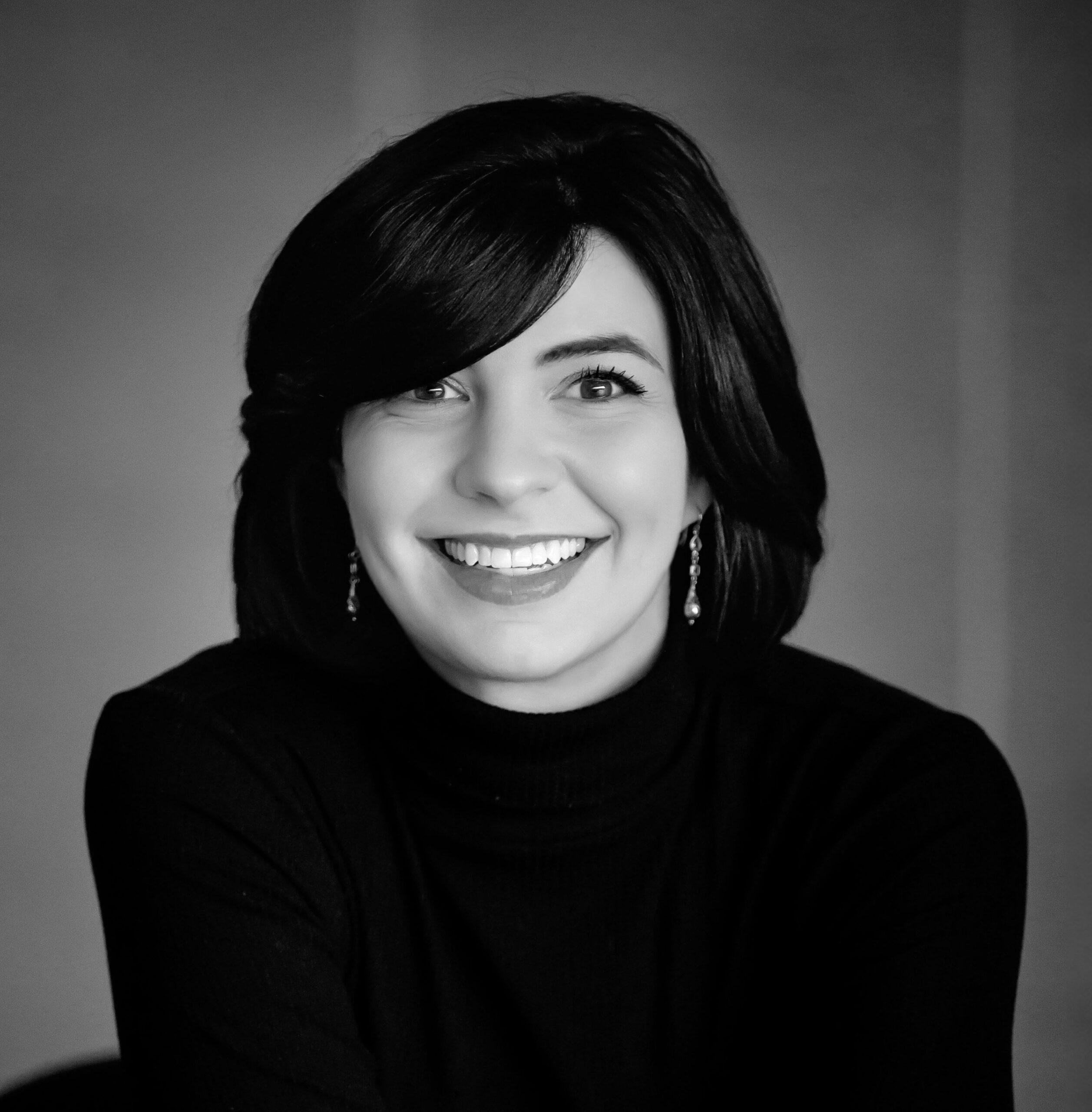Piper Bernbaum

Associate Professor
Piper Bernbaum is an Associate Professor at the Azrieli School of Architecture & Urbanism at Carleton University, where she teaches in both the undergraduate and graduate architecture programs. She is the recipient of the 2017 Prix de Rome for Emerging Practitioners from the Canada Council for the Arts, and the Governor General’s Gold Medal for academic excellence. Piper’s research focuses on the intersection of law and architecture, the constraints and considerations of social and spatial plurality in urban environments, and the appropriation of space through design. She is particularly interested in the traces, erasures, and edges found in both manufactured and natural environments.
Piper received her Bachelor of Architectural Studies (2013) and Master of Architecture (2016) from the University of Waterloo, where she was awarded the Smale Fellowship and the Marg Schafer Award for her community service. Her M.Arch thesis, which received the Royal Architectural Institute of Canada’s Student Medal, analyzed the spatial practice of the Jewish Eruv, urban plurality, and the multiplicity of space—topics that continue to shape her ongoing research. She has taught at both the Cambridge and Rome campuses of the University of Waterloo before joining Carleton in 2018.
Her work investigates the intersections of law and architecture, empathy and design, narrative and fiction, memory and identity, and the spatial conditions of inclusivity and plurality. Grounded in counter-narratives and focused on the margins of dominant spatial histories, Piper’s research embraces “otherness” as a site of resistance, belonging, and critical knowledge. She is particularly interested in the strange, improvised, overlooked, and deeply personal spaces that non-architects create out of necessity, invention, and care—spaces that often demonstrate more design intelligence than their formally sanctioned counterparts.
Rather than celebrating the monumental or authoritative, Piper is drawn to loopholes, lived-in edges, and moments where rules are reimagined or subverted. She considers architecture an apparatus of spatial negotiation—one shaped as much by those who inhabit space as by those who design it. Her work explores how architecture can be a tool of resistance, reclamation, and questioning. By studying the dynamic between informal, formal, and legal definitions of space, she champions multiplicity, inclusive perspectives, and diverse epistemologies.
Piper has worked in architectural offices around the world, including Atelier Jean Nouvel (Paris), Sauerbruch Hutton (Berlin), and Kohn Pedersen Fox Associates (New York). She has led and contributed to numerous research and grant projects, authored papers and book chapters, and participated in collaborative design and exhibition work. She has held various roles—logistics coordinator, project manager, and archive administrator—in international exhibitions that explore the relationship between architecture, law, and evidence.
Of note, she was the logistics manager for The Evidence Room, the University of Waterloo’s submission to the 2016 Venice Architecture Biennale, which reconstructs key architectural artifacts used in the forensic analysis of Auschwitz. The exhibition has since been presented at the Royal Ontario Museum (Toronto, 2017), the Hirshhorn Museum (Washington, 2019), and the Zekelman Holocaust Center (Detroit, 2025). She has also worked on exhibitions including Auschwitz: Not Long Ago, Not Far Away (Madrid), Waterloo in Venice (Cambridge), Nuit Blanche (Toronto), Come Up to My Room (Toronto), and has had work on display at the Lightroom Gallery (Ottawa), and the Riverside Gallery (Cambridge). In 2022, she was part of a finalist team for the curation of the Canada Pavilion at the Venice Biennale with the proposed exhibition “-POST-”.
Piper’s long-standing research on the Jewish Eruv remains central to her academic practice. Her work on this subject—exploring diaspora, belonging, identity, placemaking, and jurisdictional fictions—has been widely published and is currently being developed into a book. Her recent Prix de Rome-supported research explored architectural expressions of post-national ideology, taking her across North America, Europe, and the Middle East. Her studies of Jewish and cultural spatial practices, along with legal fictions, continue to inform new architectural investigations into adaptive and transportable ideas of space. With an emphasis on community building, diaspora culture, and places of belonging, Piper uses architecture as a tool to investigate the creation of these spaces and the traditions established through architectures of necessity.
Broadly, Piper is drawn to the “other” or “untold” in architecture—questioning norms and power structures, amplifying overlooked voices, and emphasizing the responsibilities architects hold in relation to equity and justice. She seeks these ideas and places out “in-situ”, investing in the first-hand experience of space and the narratives that are often overlooked or untold. Her own practice spans exhibition-making, field work, photography, indexing, mapping, drawing, model making, casting, and writing—both scholarly and narrative. She cares deeply about storytelling in architecture: how stories are told, who tells them, and through what media.
Currently, Piper is collaborating with Pelletier de Fontenay and La Bande à Paul in Montreal on the permanent exhibition design for the new Montreal Holocaust Museum. She was also part of Pelletier de Fontenay’s shortlisted finalist team for the museum’s architectural design. In addition, she is working with scholars and practitioners on a multi-year SSHRC grant studying the “Architecture of Law Schools” across North America, examining how educational environments shape concepts of equity, justice, and legal practice. At Carleton, she is also co-leading a SSHRC seed grant project with colleague Associate Professor Lisa Moffitt, visualizing the boundaries and conditions of the 2023 Quebec forest fires through modeling, mapping, and fieldwork as part of research into Canada’s changing climate.
Education
MArch – University of Waterloo
BArch – University of Waterloo